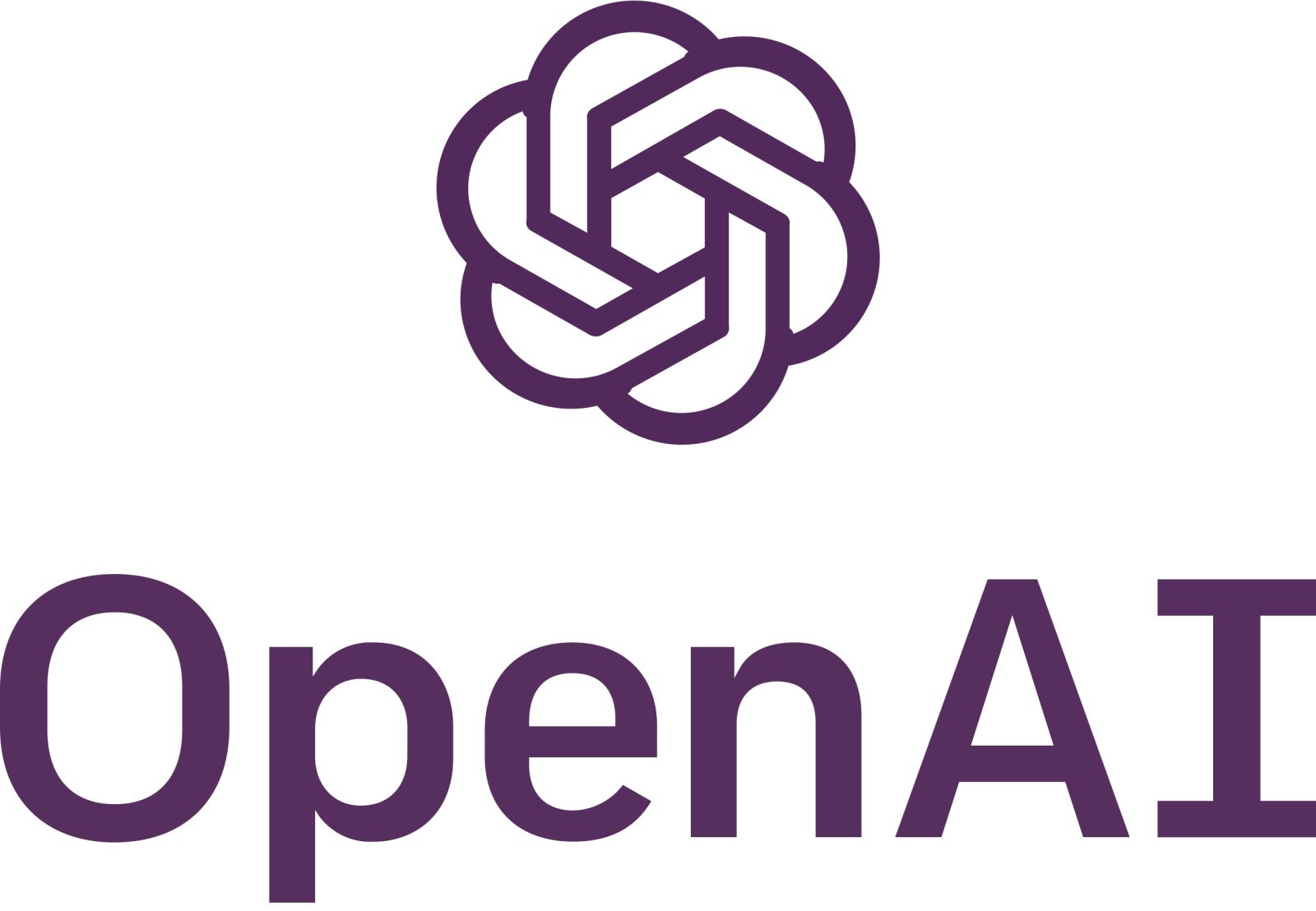Introduction
OpenAI set a historic milestone at the International Collegiate Programming Contest (ICPC) 2025, outperforming top university students and Google Deepmind. Its AI solved all 12 problems, establishing a new benchmark in the competition between artificial intelligence and human talent.
Context
The ICPC is the world’s most prestigious collegiate programming contest. In 2025, OpenAI’s system participated under the same conditions as human teams, receiving the problem set in PDF format and facing a five-hour time limit. Solutions were judged officially, with no special adjustments.
Direct answer
OpenAI solved every ICPC 2025 problem, surpassing both Google Deepmind and top university teams.
Comparison with Google Deepmind
Days earlier, Google Deepmind announced that Gemini 2.5 Deep Think reached gold-medal level, solving 10 out of 12 problems, including one no human team solved. However, OpenAI achieved a flawless result, solving all 12 problems and surpassing Deepmind.
OpenAI’s solution: GPT-5 and experimental model
The OpenAI system consisted of general-purpose reasoning models, not specifically trained for ICPC. GPT-5 produced correct answers for 11 problems, while the experimental model selected which solutions to submit. The final, hardest problem was solved by the experimental model after nine attempts, highlighting advanced reasoning capabilities.
- GPT-5 solved 11 problems
- The experimental model solved the twelfth
- No model was specifically trained for ICPC
Implications and future outlook
OpenAI sees this achievement as part of steady progress. Its models have already reached gold-level results at the International Mathematical Olympiad and the International Olympiad in Informatics. According to Mostafa Rohaninejad, the next goal is to build systems capable of discovering new knowledge.
“The next milestone will be building systems that can discover new knowledge, the true leap forward.”
Mostafa Rohaninejad, OpenAI
FAQ
- How did OpenAI solve every ICPC problem?
It used GPT-5 and an experimental model, without specific training for the contest.
- What’s the difference between OpenAI and Google Deepmind at ICPC?
OpenAI solved 12 out of 12 problems, Deepmind solved 10 out of 12.
- Why is OpenAI’s ICPC result important for AI research?
It shows advanced AI models can outperform both humans and other AI systems.
- What limitations did GPT-5 show during the competition?
GPT-5 failed on the hardest problem, which was solved by the experimental model.
- Did OpenAI use models specifically trained for ICPC?
No, the models were general-purpose reasoning systems.
- What are the future prospects for AI research after ICPC?
OpenAI aims for systems that can discover new knowledge.
